Christian Smith's provocative new book, "Why Religion Went Obsolete," has just been released, and it's poised to spark significant conversation among religious leaders, sociologists, and anyone interested in the dramatic shifts happening in American religious life.
Smith, a renowned sociologist from Notre Dame, challenges conventional wisdom about religious decline in America. Rather than simply documenting declining church attendance or measuring belief statements, Smith offers a more nuanced thesis: traditional religion hasn't merely declined—it has become culturally obsolete for younger generations, functioning like typewriters in the age of computers or landlines in the smartphone era.
What makes this book particularly insightful is Smith's analysis of how this obsolescence emerged not from deliberate anti-religious campaigns, but through a complex convergence of social trends, technological transformations, and cultural shifts that created what he calls the "Millennial zeitgeist." From the digital revolution to changing family structures, from neoliberal capitalism to post-materialist values, Smith examines how these forces collectively reshaped America's cultural landscape in ways that made traditional religious participation increasingly mismatched with contemporary life.
Whether you're a religious leader grappling with institutional challenges, a sociologist studying cultural change, or someone personally navigating faith in the 21st century, Smith's analysis provides a compelling framework for understanding why religious participation has transformed so dramatically in recent decades—and what this might mean for American spirituality moving forward.
Book Thesis and Key Themes
Christian Smith's central thesis in "Why Religion Went Obsolete" is that traditional American religion has become culturally obsolete among younger generations, and increasingly older ones, not merely declined or secularized in the traditional sense. This obsolescence is the result of a complex convergence of long-term social trends, a developing religious environment, and the specific cultural conditions of the 1990s and 2000s – the Millennial zeitgeist – which together created a profound cultural mismatch for traditional faith, leading it to be seen as no longer useful, needed, valuable, or interesting by a significant portion of the American population.
Smith outlines several key components of his larger thesis:
Distinction from Secularization: Smith explicitly argues that the losses in traditional religion do not automatically translate into secular gains. He posits that "something more complicated and interesting has transpired that requires a more creative conceptual description than traditional secularization theory offers". The focus is not simply a move away from belief towards non-belief, but a shift in cultural relevance.
Religious Obsolescence as a Key Concept: The book introduces the concept of religious obsolescence as a distinct way to understand the fate of American religion. This means that traditional religion has been "superseded by alternatives that most users deem preferable", similar to how the automobile made the horse and buggy obsolete. This obsolescence involves not just decreased use but also a "mental shift" where religion becomes less likely to cross people's minds.
Importance of a Wide Range of Causal Factors: The thesis emphasizes the breadth and complexity of the forces influencing religious outcomes, often ignored by previous accounts. This includes long-term social trends like higher education for the masses (which correlates to higher religious participation in the US?), women entering the workforce, the deinstitutionalization of marriage and family, triumphant mass consumerism, intensifying expressive individualism, and the rise of emerging adulthood. It also encompasses developments within the religious environment itself, such as the decline of mainline Protestantism and the rise of the Religious Right.
The Role of the Millennial Zeitgeist: A crucial element of the thesis is the exploration of the "spirit of the age" – the Millennial zeitgeist – that developed in the 1990s and 2000s. This zeitgeist, shaped by events like the end of the Cold War, the digital revolution, pop postmodernism, and 9/11, created a cultural environment "inhospitable to traditional religion".
Unplanned Nature of Obsolescence: Smith stresses that the obsolescence of religion was largely unplanned and unintended by anti-religious actors. Instead, it resulted from the indirect consequences of broader societal and cultural shifts.
Beyond Statistics and Interviews to Cultural Environment: The analysis moves beyond mere statistical data and interview accounts to explore the larger cultural environment in which American religion declined. This includes examining cultural assumptions, beliefs, values, norms, expectations, and aesthetics.
Challenging the Zero-Sum Mentality: The book rejects the idea that religious losses automatically translate into secular gains. It suggests that people are finding other ways to meet their functional and existential needs, including through "re-enchanted" spirituality and occulture.
Religious Self-Destructions: The thesis also includes the argument that religion has been the agent of its own demise in some ways, pointing to factors like religious scandals, evangelical mission drift, and the perception of religion as a tool for social control.
In essence, Smith argues that a powerful, multifaceted cultural shift rendered traditional American religion increasingly irrelevant and unappealing to younger generations, leading to its cultural obsolescence, a phenomenon distinct from simple decline or straightforward secularization.
If you appreciate the work of Tripp Fuller and Homebrewed Christianity, please consider becoming a paid subscriber to the “Process This” Substack.
New Online Class Starting!
A transformative 5-week online learning community exploring the diverse theological understandings of Jesus Christ across different traditions and perspectives.
Starting in late April 2025, this comprehensive online course invites you to engage with pressing Christological questions through the lens of Reformed, Liberal, Feminist, Black, and Process theologies.
What to Expect
6 EXCLUSIVE LECTURES - Learn from leading theologians representing diverse theological traditions.
5 INTERACTIVE LIVESTREAMS - Submit questions for the Q&A and engage in deeper exploration through discussion.
CAREFULLY CURATED READINGS - Dive into foundational and cutting-edge scholarship that supports your learning.
FIVE LIVE SESSIONS:
Thursdays (April 24th - May 22nd) at 11am PT / 2pm ET
ASYNCHRONOUS CLASS: You can participate fully without being present at any specific time. Replays are available on the Class Resource Page.
COST: A course like this is typically offered for $250 or more. Your contributions are what make our classes possible. We invite you to contribute whatever amount you feel led to give (including $0).
Get Tickets for Theology Beer Camp!
We are SOOOOO pumped for Theology Beer Camp 2025 and will reveal some fantastic speakers and nerdy fun at camp this year on the stream. 3 Days of Craft Nerdiness with 50+ Theologians & God-Pods and 600 new friends.
EARLY BIRD TICKETS available until May 15th - Get tickets here. We will sell out!
Process This with Tripp Fuller is a reader-supported publication. To receive new posts and support my work, consider becoming a free or paid subscriber.





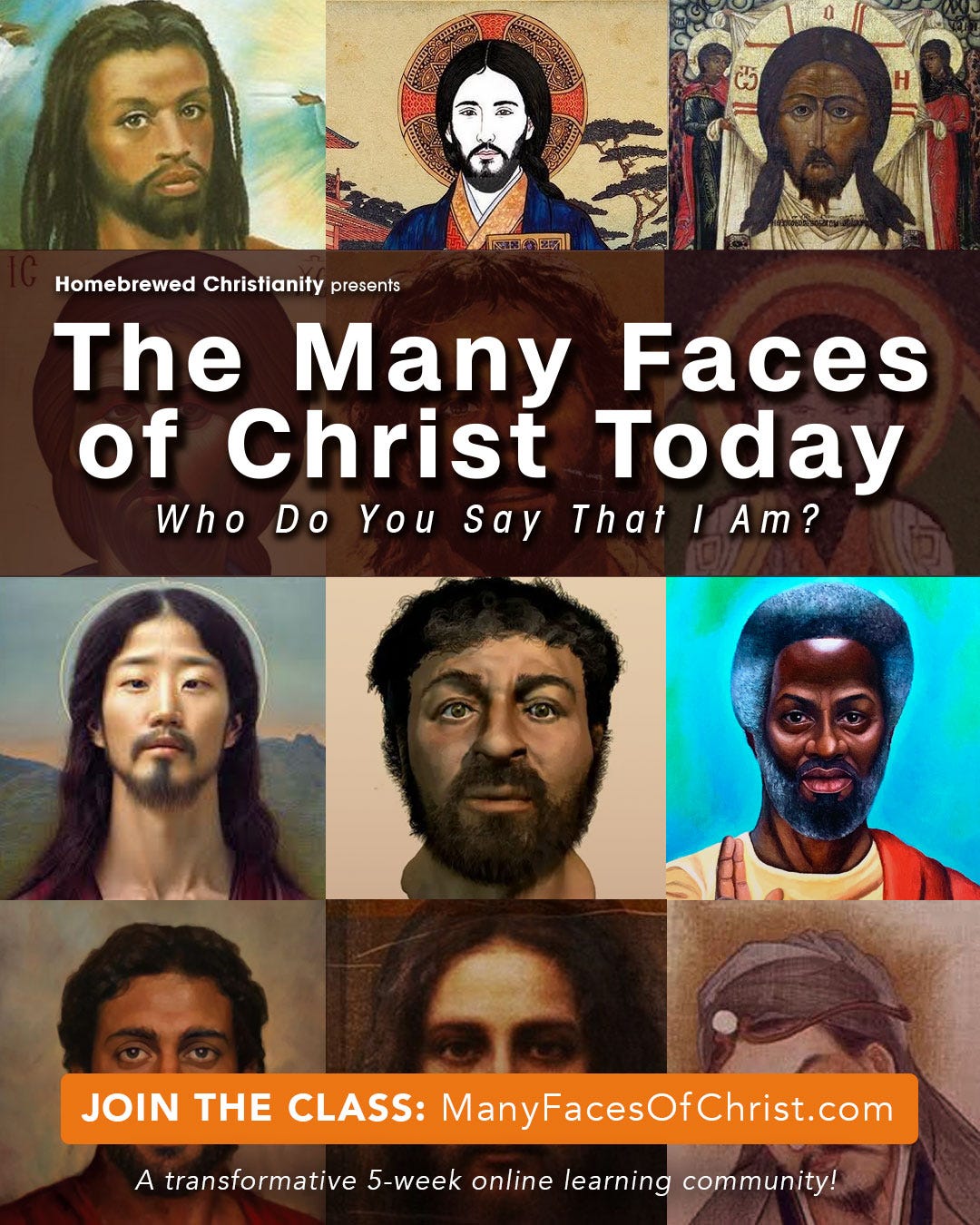
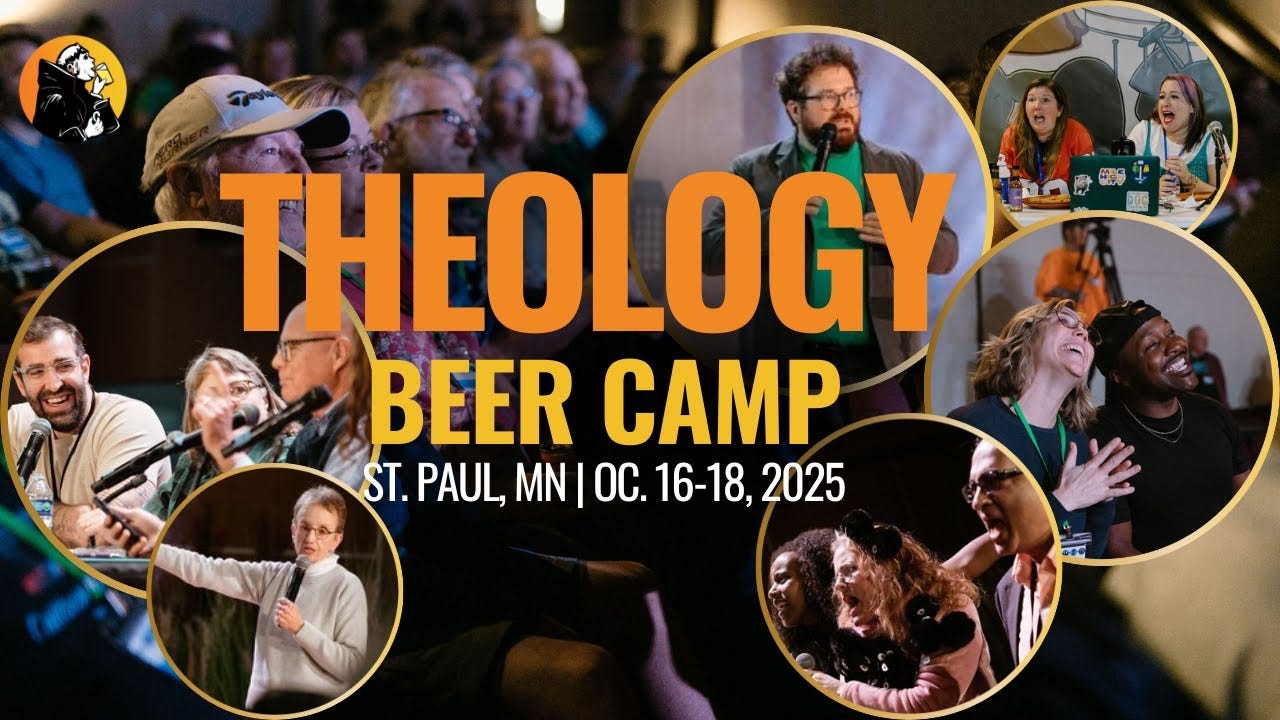



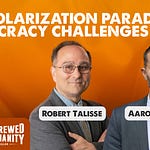


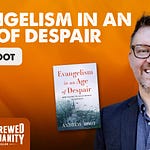
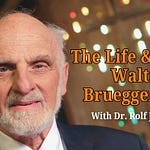

Share this post